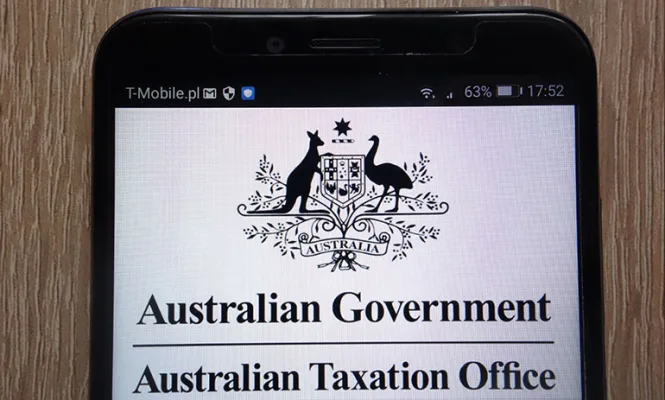Choosing a tax accountant can be a daunting task, but it is one of the most important decisions you will make when it comes to taxes. A good accountant can help you save money and time by finding legal deductions and credits, while a bad one can lead to costly mistakes and penalties. There are many factors to consider when choosing an accountant, and it can be difficult to know where to start. To make the best decision, there are questions you should ask before hiring a professional.
- Questions to ask yourself.
Before you start your search, it is wise to take a moment to assess the type of tax assistance you are going to need. Some accountants only work with individuals and small business, while others have experience from business set up through to property, company and trust. What are your needs now and what might you need as your business expands or wealth increases. Do you want someone local so you can meet in person or would email and phone contact suit your availability better.
- Questions to ask your friends, family and business owners.
It goes without saying that you are looking for someone who is trustworthy. You will be sharing sensitive financial information with your tax accountant, so it’s important that you trust them completely. A trustworthy tax accountant has the knowledge and experience to provide accurate guidance throughout the year, ensuring that you are always prepared come tax season.
A good place to gather suggestions is from your friends, family and fellow business owners. More than likeability, you need recommendations based on examples of workmanship and success so make sure you ask why they would recommend their accountant.
- Questions to research
Whilst asking friends, and family is a good place to start; impartial reviews on platforms like Google might mean avoiding confirmation bias.
Being recognised in the industry is a sign of a company’s expertise so an important check of any business you are considering is to ensure they belong to professional organizations and have certifications such as CPA (Certified Public Accountant). In Australia the Tax Practitioners Board (TPB) regulates tax practitioners to protect and assure consumers that tax practitioners meet appropriate standards of professional and ethical conduct. Head to https://www.tpb.gov.au/home to search the register.
- Questions to ask the business.
Once you have a short list of suggestions it is time to speak directly with each business to find the best fit for you. A good tax accountant will be happy to answer any questions you may have about their services and qualifications. Ask about their experience in dealing with similar businesses or individuals like yourself. Don’t be afraid to ask for references. Accountants that have been in the industry for longer may have experience dealing with a wider variety of situations so check how long they have been in business. Inquire about their fees and billing practices as well as how they stay up-to-date on current tax laws and regulations.
In conclusion, it is important to ask the right questions when selecting a tax accountant. Asking the right questions can help ensure that you find the best fit for your needs and get the most out of your tax preparation experience. Here at Impact Taxation & Financial Services we are committed to customizing our services to meet your needs and help you achieve your visions and goals. Get in touch with us today.





